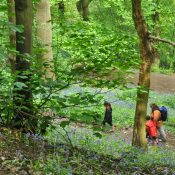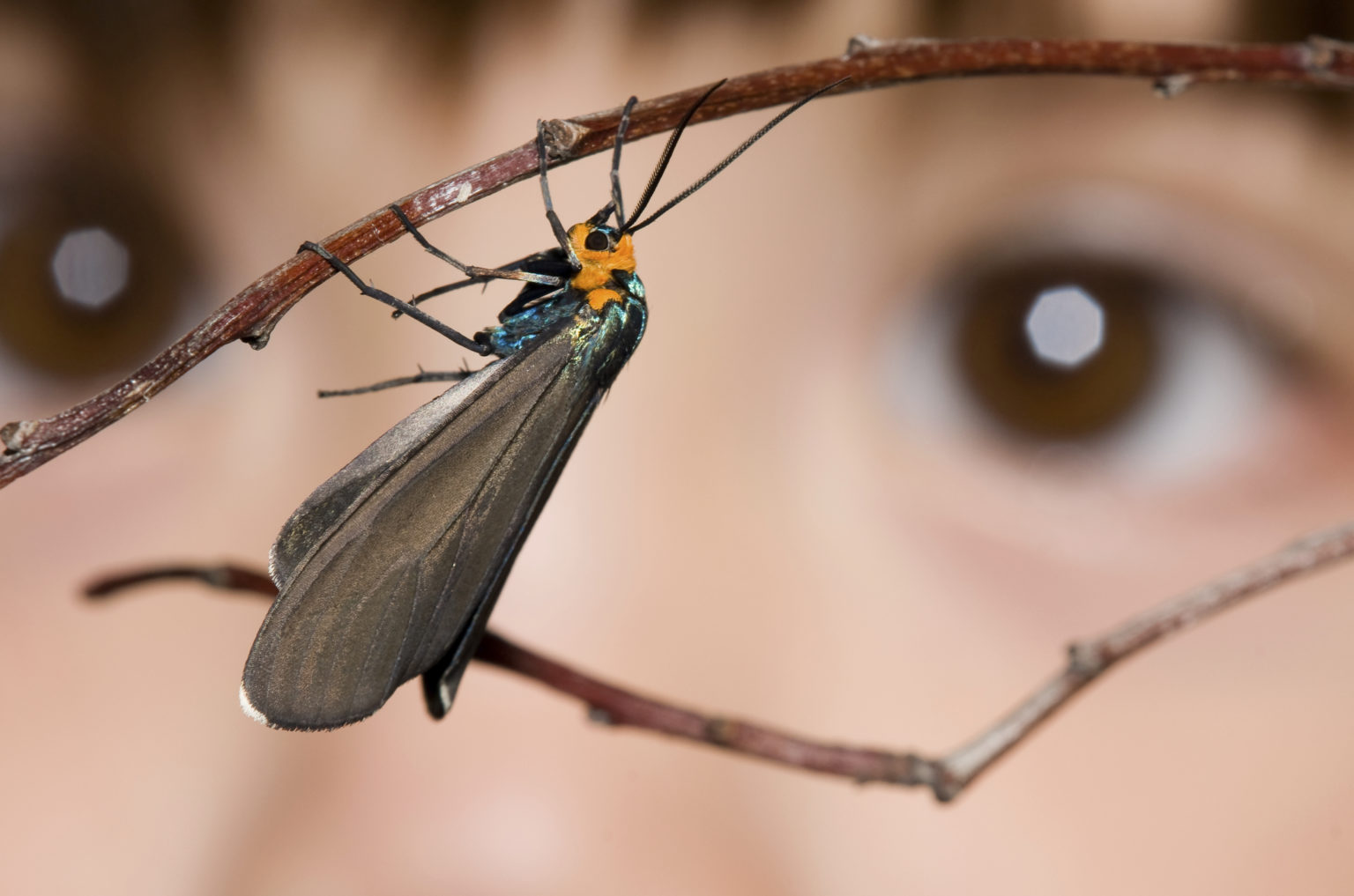
PARENTS
Forest School weather and clothing
In Forest School, there is no such thing as bad weather, just weather, and all we need do is dress appropriately. We expect children to get muddy, very muddy at wet times of year, and so old, inexpensive clothes are most suitable. These guidelines should help:
- Waterproof Jacket (not on obviously sunny days)
- Waterproof trousers – essential in Autumn, Winter & Spring but useful all year round
- All-in-one waterproofs are very useful, especially for younger children
- Layers – more in winter (3 or 4 is fine – 2 isn’t enough!) e.g. Vest, T-shirt (long sleeved), long sleeved jumper / hoody, coat/waterproof jacket
- Long trousers (shorts are not appropriate due to the nature of the woodland, with stinging and scratching hazards abundant)
- Wellies / other waterproof / walking boots in all seasons except summer (2 pairs of socks in winter), strong shoes / trainers available for all seasons
- Wooly hat (much heat is lost from the head)
- Gloves, preferably waterproof (extremities do get cold in winter)
- Spare socks (who wants squelchy socks?)
- Sun screen (in summer)
We have a duty of care for your child and so although every attempt will be made to ensure that they are dressed appropriately, using spare resources from school or from our own kit, we will not be able to take children to forest school if they are inadequately dressed.
All Level 3 Forest School leaders hold an outdoor pediatric first-aid qualification and carry all necessary first-aid kit. Any child-specific medication that is normally kept at school will be taken to the forest school site.

Parent Volunteering
As it is fundamental for forest schools to have a high adult-to-child ratio, typically 1 to 5, we often need parent volunteers to support the sessions. This is a great opportunity for you to observe your child learning and developing in a different environment. All necessary information and instruction will be given, but in essence, support should be provided when the child asks for it, and so very much to be ‘on tap’, rather than ‘on top’.
Forest School is fundamentally child-initiated and child-led. It is often more beneficial for the child to make mistakes and learn directly from them, supporting their discovery of where things went wrong, rather than providing solutions for them – not always easy to do!

